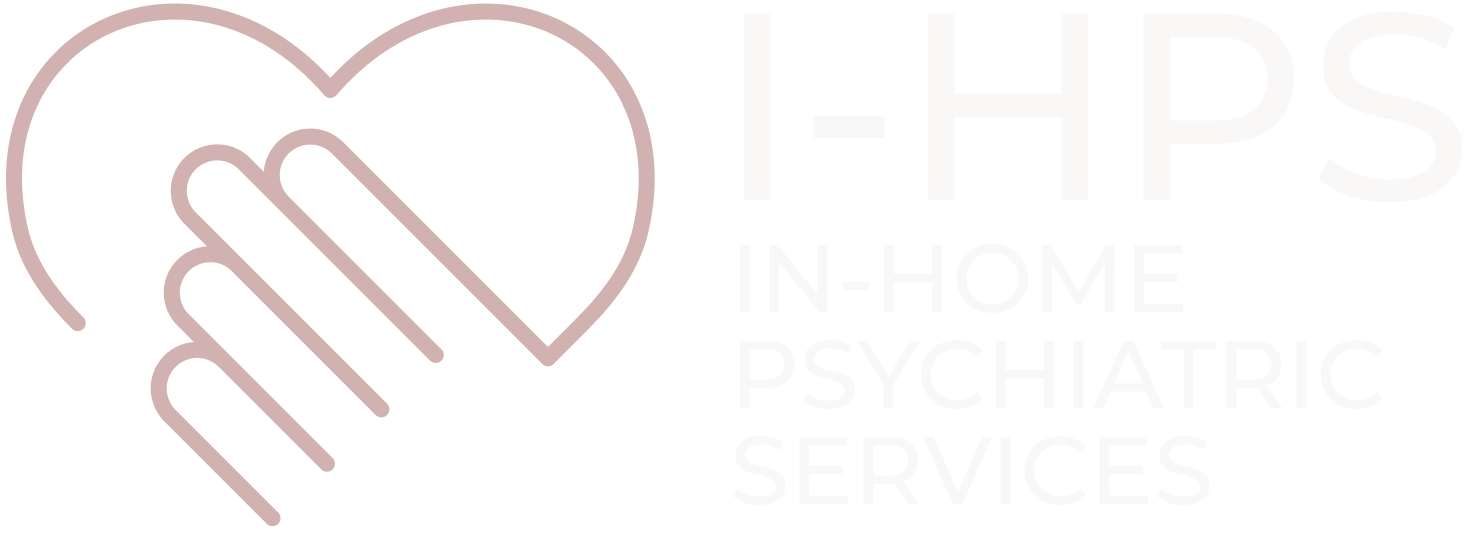By H.R. Christopher O’Brien, PharmD, BCPP, APP
Program Director, In-Home Psychiatric Services
For many patients and their families, hospital discharge is seen as a welcome end to a health crisis. But for older adults—especially those living in Community Care Facilities (CCFs) or receiving home health services—the time immediately following a hospital stay can be unexpectedly dangerous. Behind the relief of returning home lies a period of heightened vulnerability, known as Post-Hospital Syndrome (PHS), that significantly increases the risk of medical and psychiatric decline.
Post-Hospital Syndrome, a term introduced by Dr. Harlan Krumholz in a 2013 New England Journal of Medicine article, describes a temporary, acquired condition of global vulnerability. It is caused not by the illness that led to hospitalization, but by the cumulative physiological and psychological stress of the hospital experience itself (Krumholz, 2013). While much of the literature on PHS has focused on physical risks—such as falls, infections, and readmissions—the mental health consequences are equally important and often more insidious.
Post-Hospital Syndrome typically emerges within days of discharge and can last for several weeks. Patients experiencing PHS are at significantly increased risk for emergency department visits, medication complications, psychiatric decompensation, and even death. The syndrome stems from a convergence of stressors common during hospitalization: sleep deprivation, nutritional decline, immobility, cognitive overload, and emotional trauma.
These stressors have lasting biological effects. Even patients who leave the hospital medically stable may be psychologically fragile, cognitively impaired, and emotionally disconnected. The mental health toll is especially high for seniors who already have comorbidities or functional limitations.
Depression following hospitalization is one of the most common and underrecognized consequences. Nearly one in four older adults develops significant depressive symptoms within 30 days of discharge (Covinsky et al., 2003). This depression may not present as sadness but instead as withdrawal, poor appetite, insomnia, or slowed movement. If untreated, it can lead to missed medications, reduced rehabilitation engagement, and re-hospitalization.
Delirium—particularly the hypoactive subtype—often goes unrecognized after discharge. These patients may appear simply tired or disengaged but are in fact experiencing a serious neuropsychiatric event that can result in long-term cognitive impairment (Inouye et al., 2014).
Hospitalization can also be traumatic, especially for those who experienced pain, fear, or loss of control. This can manifest as post-traumatic stress-like symptoms: hypervigilance, nightmares, and avoidance. In patients with preexisting psychiatric conditions, hospitalization frequently leads to destabilization and relapse.
Recognizing and addressing Post-Hospital Syndrome requires a multidisciplinary approach. First, providers must initiate contact within 48–72 hours of discharge. This early check-in should include a full assessment of cognition, mood, and behavior.
Medication reconciliation is essential, especially for psychotropic medications. Hospitals often adjust or discontinue these medications during acute illness, leaving patients vulnerable to relapse or side effects after discharge. Pharmacist involvement in reviewing medications can help ensure continuity of care.
Behavioral health screening should be standard in all post-discharge visits. Tools like the PHQ-9 (for depression), GAD-7 (for anxiety), and AD8 (for cognitive changes) are quick to administer and highly informative.
Restoring structure and routine is also critical. Patients should be supported in reestablishing normal patterns for eating, sleeping, and activity. Even small steps, like a consistent morning schedule or reintroducing favorite music or foods, can have a major impact.
Staff and caregivers must also be educated. Subtle changes in mood or behavior—like becoming unusually quiet or tearful—should not be dismissed. These can be early signs of psychiatric deterioration and should prompt further evaluation.
When psychiatric symptoms are identified, treatment should begin promptly. Pharmacologic options include SSRIs or SNRIs for depression, low-dose antipsychotics for severe agitation, and buspirone for anxiety. Non-pharmacologic supports such as reminiscence therapy, music therapy, and structured cognitive stimulation can enhance recovery.
Collaboration with psychiatric providers is essential. Many patients benefit from telepsychiatry follow-up in the weeks after discharge. Care coordination between facilities, home health agencies, and mental health professionals can dramatically improve outcomes.
Ultimately, Post-Hospital Syndrome is not an inevitable consequence of hospitalization. It is a predictable, preventable condition that can be mitigated through awareness, screening, and proactive intervention. By recognizing the mental health risks of discharge and responding early, providers can help patients recover not just physically—but emotionally and cognitively as well.
References
Covinsky, K. E., Fortinsky, R. H., Palmer, R. M., Kresevic, D., & Landefeld, C. S. (2003). Relation between symptoms of depression and health status outcomes in acutely ill hospitalized older persons. Annals of Internal Medicine, 138(8), 640–6646. https://doi.org/10.7326/0003-4819-138-8-200304150-00008
Inouye, S. K., Westendorp, R. G. J., & Saczynski, J. S. (2014). Delirium in elderly people. The Lancet, 383(9920), 911–922. https://doi.org/10.1016/S0140-6736(13)60688-1
Krumholz, H. M. (2013). Post-hospital syndrome—an acquired, transient condition of generalized risk. New England Journal of Medicine, 368(2), 100–102. https://doi.org/10.1056/NEJMp1212324

